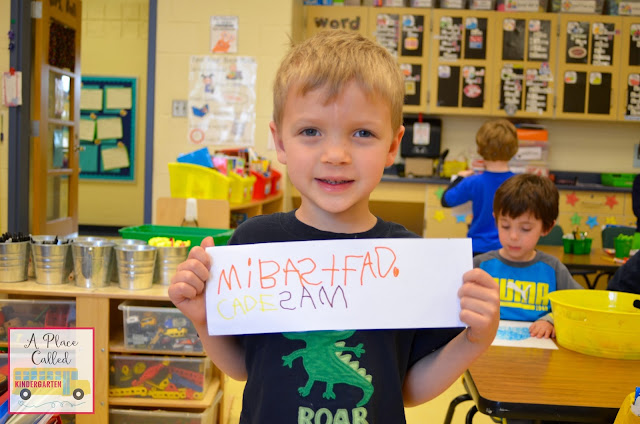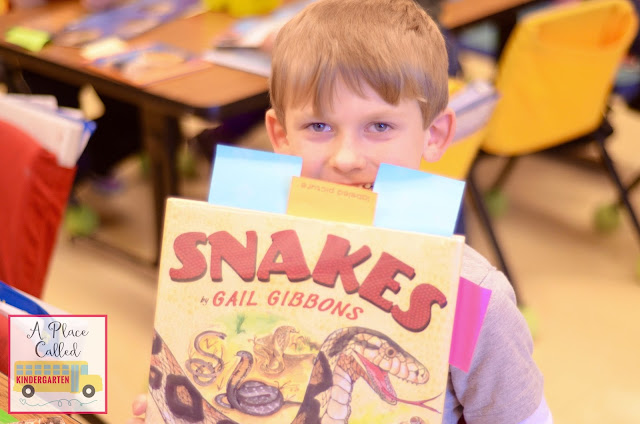Years ago a friend of mine would host soup nights. She would make a few pots of soup (her mom’s beef stew was my favorite), the kids would run around and the adults would visit. Flash forward a few years and we were all too busy with our growing kids to have soup nights, but one of my soup night friends wrote a book about Preschool and Kindergarten writers. In 2008, Matt Glover published his first book with Katie Wood Ray. This book, Already Ready Nurturing Writers in Preschool and Kindergarten changed my teaching and classroom writing environment forever. Ray and Glover believe that children do not need to “get ready” to be readers and writers, but that they are already readers and writers. They believe that writing may be a better way to lead children’s literacy development than reading. I have found this to be true in my classroom.
Ways that writing has made my Kindergarten students
become better readers…
Kindergarteners will write books about topics that interest them. When you present children with mentor texts that they can make connections to, they will write about their own experiences or knowledge and want to have that book in their book box.
The writing workshop model builds stamina for writing and reading for long periods of time. The more they practice writing and reading the better they become at writing and reading.


Using invented spellings transfers to confidence and phonetic skills that students use to stretch out words when reading.
It is difficult to make something if you don’t know anything about what it is you are trying to make. Developing an understanding about texts gets students excited about literature and gives them a deeper understanding of stories and how to write them.
Sharing the books children have made with others builds fluency skills and allows children to express their intended meaning…and they are reading.
When children buy into literacy activities it makes others want to join the club even before they know much about reading and writing. Our littlest learners are already ready to be writers and readers. It is our job as teachers to inspire, support and lead them in the right direction.





















